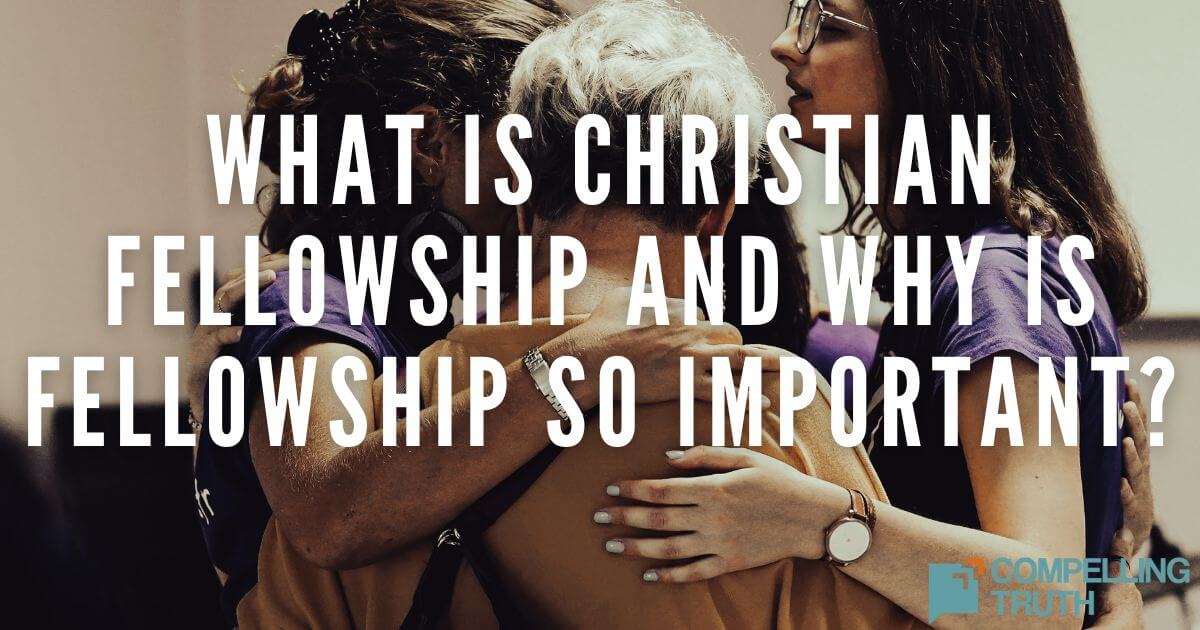what does the bible say?
The Bible teaches that our actions, including sinful ones, are solely our responsibility . No one will answer for what we have done except us. But the Bible also shows that we are capable of influencing those around us, either toward good, godly actions or towards sinful, destructive choices. When we sin because of pressure from others, the root cause is that we value others’ opinions more than God’s opinion , which is a form of idolatry. We should never pressure others into situations that could result in sinful behavior but rather, set a good examples . As believers, we are called to pursue a life that pleases God rather than living in sin. . Doing so sets an example for other believers and prevents us from influencing them to sin . God’s redeeming, transformative power is ultimately what will help us turn from a life of sin to a life that follows after God in goodness. Because He has empowered us to live righteously , we should do so and, by our own example, encourage other believers to do the same.




